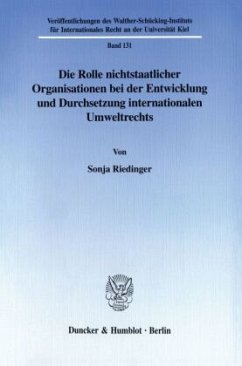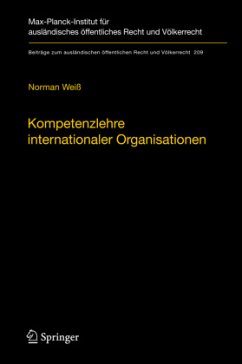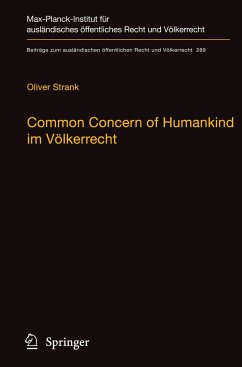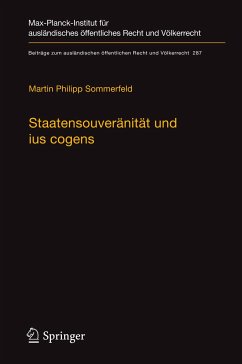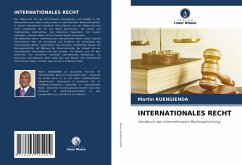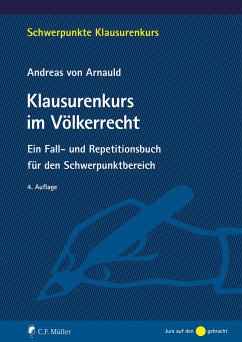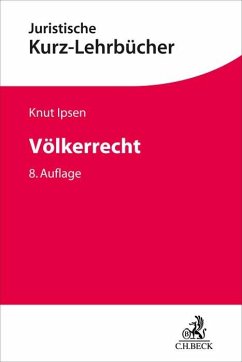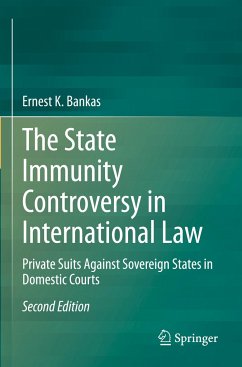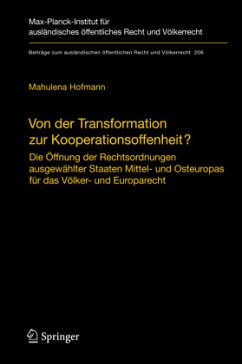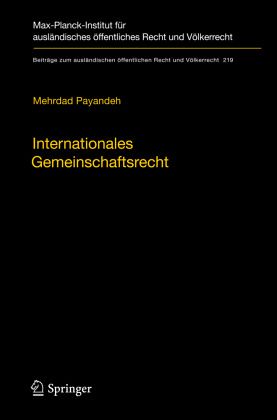
Internationales Gemeinschaftsrecht
Zur Herausbildung gemeinschaftsrechtlicher Strukturen im Völkerrecht der Globalisierung

PAYBACK Punkte
0 °P sammeln!
Im Zuge der Globalisierung finden Interessen und Werte der internationalen Gemeinschaft zunehmend Niederschlag im Völkerrecht. Zur Erfassung der mit diesem Wandel einhergehenden strukturellen Veränderungen der internationalen Rechtsordnung schlägt der Autor den Begriff des internationalen Gemeinschaftsrechts vor. Normativ bezeichnet dieser Begriff eine Kategorie von Rechtsnormen, die sich durch besondere gemeinschaftliche Mechanismen der Normentstehung und Rechtsdurchsetzung auszeichnen. Deskriptiv bezeichnet er eine dritte Stufe der Völkerrechtsentwicklung, die neben das Koexistenzvölker...
Im Zuge der Globalisierung finden Interessen und Werte der internationalen Gemeinschaft zunehmend Niederschlag im Völkerrecht. Zur Erfassung der mit diesem Wandel einhergehenden strukturellen Veränderungen der internationalen Rechtsordnung schlägt der Autor den Begriff des internationalen Gemeinschaftsrechts vor. Normativ bezeichnet dieser Begriff eine Kategorie von Rechtsnormen, die sich durch besondere gemeinschaftliche Mechanismen der Normentstehung und Rechtsdurchsetzung auszeichnen. Deskriptiv bezeichnet er eine dritte Stufe der Völkerrechtsentwicklung, die neben das Koexistenzvölkerrecht und das Kooperationsvölkerrecht tritt.





